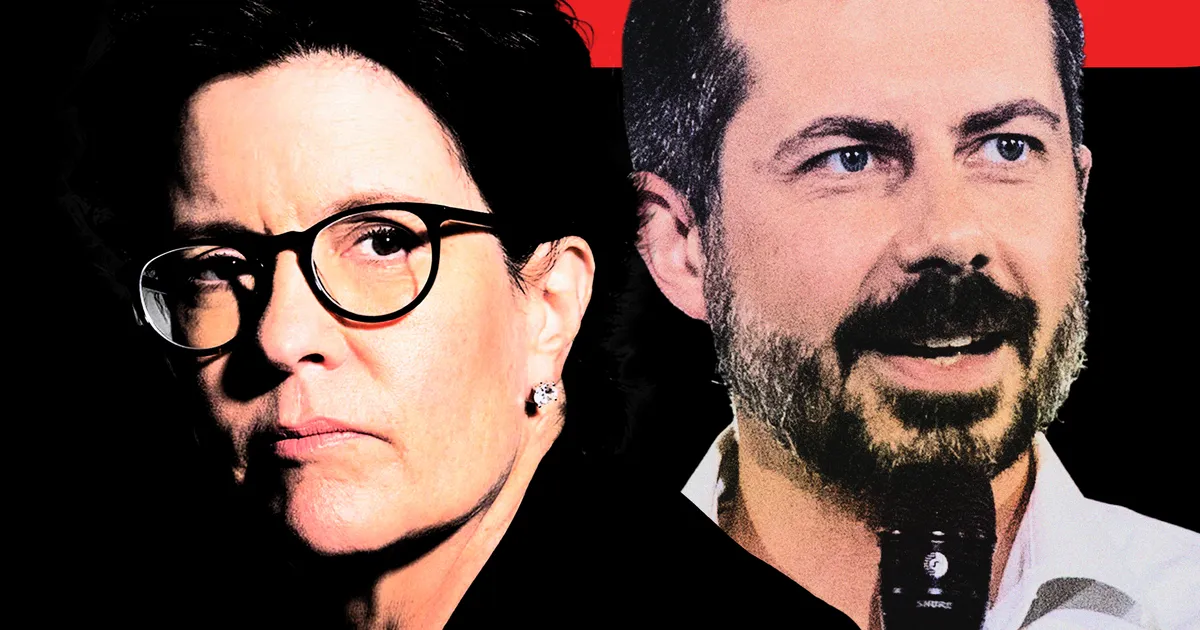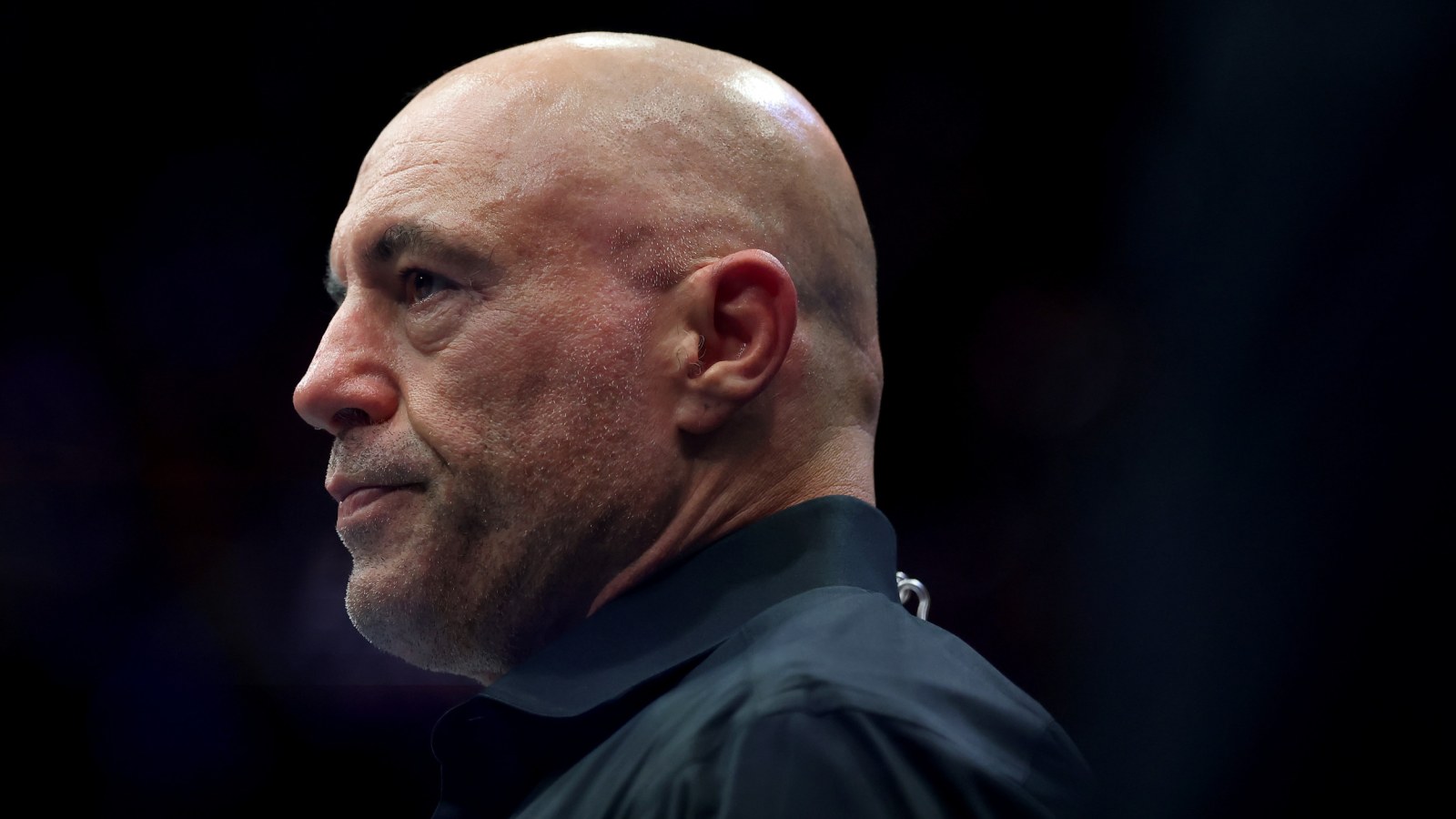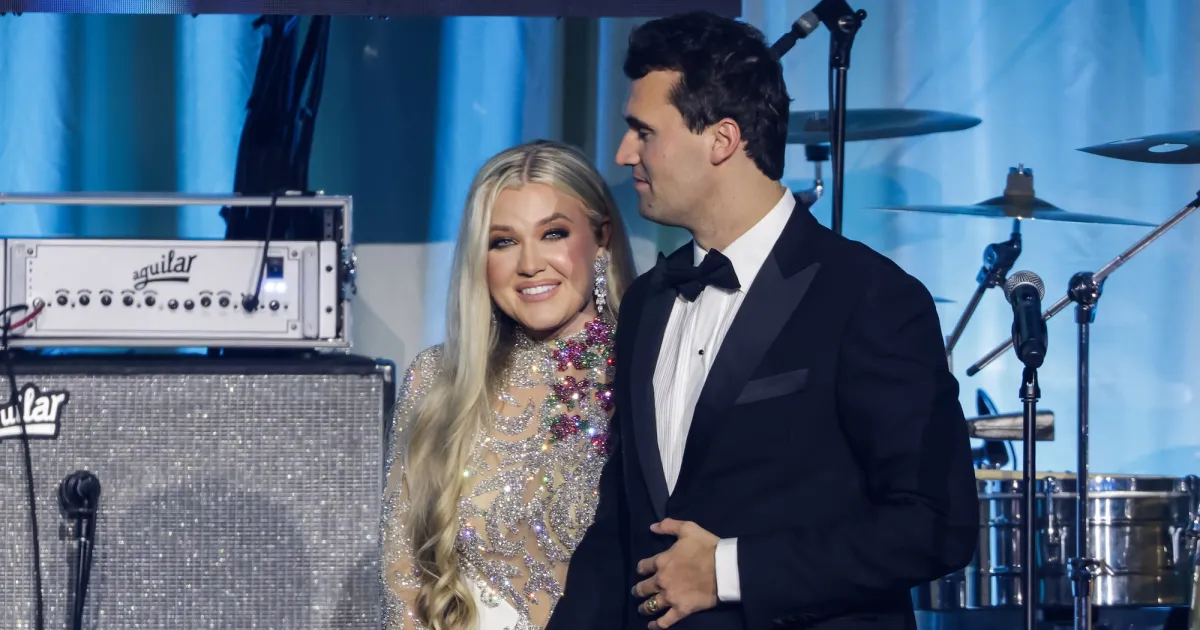No Other Choice Review: Park Chan-Wook’s Bleak Satire Is The Tragicomedy 2025 Deserves [NYFF]
![No Other Choice Review: Park Chan-Wook's Bleak Satire Is The Tragicomedy 2025 Deserves [NYFF]](https://d2731bbzmt3wpb.cloudfront.net/news/image/us-west-2:25d97050-7aa7-43a6-a623-8fb02e6af97e/20250925/13831ff70ccb4e7fb8f46cb22cc65b9a.jpg)
If you take a heartfelt drama about a family patriarch abruptly losing the only career he’s ever known, mash it together with a social thriller commenting on the ruthless wheels of capitalism grinding us all into the dirt, and inject a pitch-black satirical streak worthy of a Charlie Kaufman screenplay, you might come somewhat close to encapsulating what writer/director Park Chan-wook pulls off with “No Other Choice.” Of course, none of those qualifiers really does enough justice to a filmmaker with as unique and distinct a voice as him. Suffice to say, Park Chan-wook has delivered yet another film that only Park Chan-wook could’ve made — with all the dizzyingly high highs and quietly devastating lows that implies.
It should never look this easy for a movie to feel both timeless and almost disturbingly relevant, but “No Other Choice” (based on the American novel “The Ax” by author Donald E. Westlake) routinely defies convention in every sense of the word. Director Park sets the tone as soon as the opening scene, depicting a sun-splashed portrait of the idyllic nuclear family unit. In what may go down as one of the most incisive performances of the year, Lee Byung-hun (of recent “Squid Game” fame) stars as Man-soo, in many ways the quintessential barbeque-grilling dad and doting husband straight out of a dollar-store greeting card. His highly-specialized (and lucrative) occupation in the paper-making industry provides him with everything he could’ve ever wanted: a gorgeous house, a pair of charismatic dogs, and his remarkably resolute wife Mi-ri (a scene-stealing Son Ye-jin) and two gifted children, who he tends to wrap in bear hugs for minutes at a time. “I’ve got it all,” he blissfully proclaims early on … which might as well be a challenge to the unseen gods, daring them to rain down enough chaos and turmoil befitting of a Greek tragedy, though reimagined for the absurdities of our 2025 reality.
The sardonic and unexpectedly laugh-out-loud script delivers on this promise (threat?) and then some, quickly and cruelly ripping Man-soo’s job away from him in as mundanely modern a twist as it gets. Solar Paper has been bought out by an American rival, leading to a downsizing effort fronted by mass layoffs. No amount of prepared and faux-inspirational speeches directed at his corporate overlords (which he hastily scribbles on his hand in one of the funniest recurring character tics in recent memory) can save the day, not when his own quarter of a century of gainful employment goes up in smoke. Stripped of his own sense of self-worth and purpose, Man-soo reluctantly braces himself for life on the unemployment line. The dehumanizing process of endless interviews, group therapy sessions filled with hollow words of affirmation, and even actual begging for a job outside of a men’s room steadily chip away at him — and soon births a murderous plot. From that point on, settle in for the bleakest and most amusing tragicomedy you’ll see all year.
To explain more of the plot than strictly necessary would do a disservice to the overall aims of “No Other Choice.” This isn’t necessarily due to twists and turns that are better left unspoiled (although, yes, there are plenty of those to spare). Rather, this is one film that demands a more holistic approach on the part of every moviegoer. Story is a secondary concern to the emotional and thematic arc that Man-soo undertakes throughout this soap opera of a journey. As the story skips ahead, it only takes months for his bitterness to curdle into deadly intentions. But rather than follow the obvious “Taxi Driver” route, directing his misgivings at “the man” truly responsible for his predicament, our devilishly daring protagonist concocts a scheme taking aim at his competition: fellow unemployed workers who appear next in line for a juicy position that he has his heart set on winning.
Rarely before has the essence of joblessness been captured in all of its humiliations and indignities — let alone with as much style — as it is here. “No Other Choice” is practically a cinephile’s dream. Boasting what seems like an infinite array of immaculately composed shots, director of photography Kim Woo-hyung’s camera nearly takes on a life of its own and contributes to the pervasive sense of unease. Sharp editing uses sound, lighting, and even props to keep things moving at a blistering pace. And, through it all, Park Chan-wook’s uncanny eye for detail constantly draws the eye precisely where it needs to go. Memorable images such as a child’s yellow rain boots dangling from her legs on a swing are given equal weight with an overlooked bullet casing on a busy street or a nagging toothache indicating a more symbolic rot, all coming together to imbue this tautly-woven narrative with meaning and visual metaphors for the discerning viewer to catch.
But, more than anything else, director Park’s greatest achievement here boils down to his expert grasp of tone. “No Other Choice” begins as a fairy tale fable, devolves into something resembling a moralistic noir, and culminates in an absurd escalation of violence — and yet, every disparate note feels like part of a greater symphony in the hands of a master conductor. After establishing Man-soo as someone at the top of his world in the opening scene, there’s quite literally nowhere else to go but down from there. The script travels to some fairly bleak places, but not at the cost of indulging in fatalism. Never once does this feel like anything less than a tense thrill ride … albeit maybe just an inch or two away from flying off the rails. By the time we reach the inevitable end, at which point the 139-minute runtime feels like it flies by in half the time, dark humor finally gives way to the bitter realization: When capitalism is calling the shots, there is no such thing as coming out on top.
While those familiar with Park Chan-wook’s filmography (including on the television side of things with HBO’s “The Sympathizer”) will find this to be perfectly of a piece with his larger output, “No Other Choice” almost paradoxically feels like a fantastic primer to newcomers. It’d be far too simplistic to describe his latest as a distillation of the filmmaker’s interests, but it certainly bears all the hallmarks of what he has made a career out of doing so well. The constant threat of violence hangs heavy over much of the film, almost like an unseen entity pushing Man-soo further and further down the path of no return. Romance and sexuality and voyeuristic tendencies take on a strong undercurrent as the story takes a darker turn, simmering in the background and waiting to be unleashed at the most (in)opportune moment. And, naturally, this script never once shies away from the inherent politics at the heart of its premise. By setting this amid the dog-eat-dog world of blue collar workers conditioned to go at each other’s throats, while those in charge laugh their way to the bank, director Park has once again found as fresh and potent an angle as any film this year.
But more than anything else, the wickedly wry humor on display at every turn makes “No Other Choice” the ideal movie to recommend to those who may not know exactly what they’re in for. An early sequence involving an iPad might very well be the hardest I’ve laughed at a sight (well, audio) gag in years, only to be one-upped by another featuring the most ill-timed of video calls. (Director Park mines a ton of laughs and thematic cred out of the idea of analogue versus digital.) One particular confrontation with Man-soo and an unfortunate victim-to-be steadily reveals itself to be a farce straight out of a Coen brothers’ movie, with all the confused energy and manic pacing and explosive consequences you’d expect. And, to its credit, all of this is linked together by the sheer physicality and commitment of Lee Byung-hun’s unmissable performance, bumbling and pratfalling his way down an antihero road that nobody would ever mistake for the lethal efficiency of Walter White.
The final result is the funniest feel-bad movie in ages, though one that will worm its way into your thoughts long after the credits roll. “No Other Choice” is proof of that all-too-rare kind of theatrical experience — one capable of being far more than it appears to be from the outside looking in. This could never be mistaken for anything other than a Park Chan-wook production, proving beyond a doubt that even the most suffocating and corporate atmosphere for movies in decades can still deliver hand-crafted, personal, and workmanlike gems such as this.
/Film Rating: 8 out of 10
“No Other Choice” is currently scheduled for a limited theatrical release December 25, 2025.



